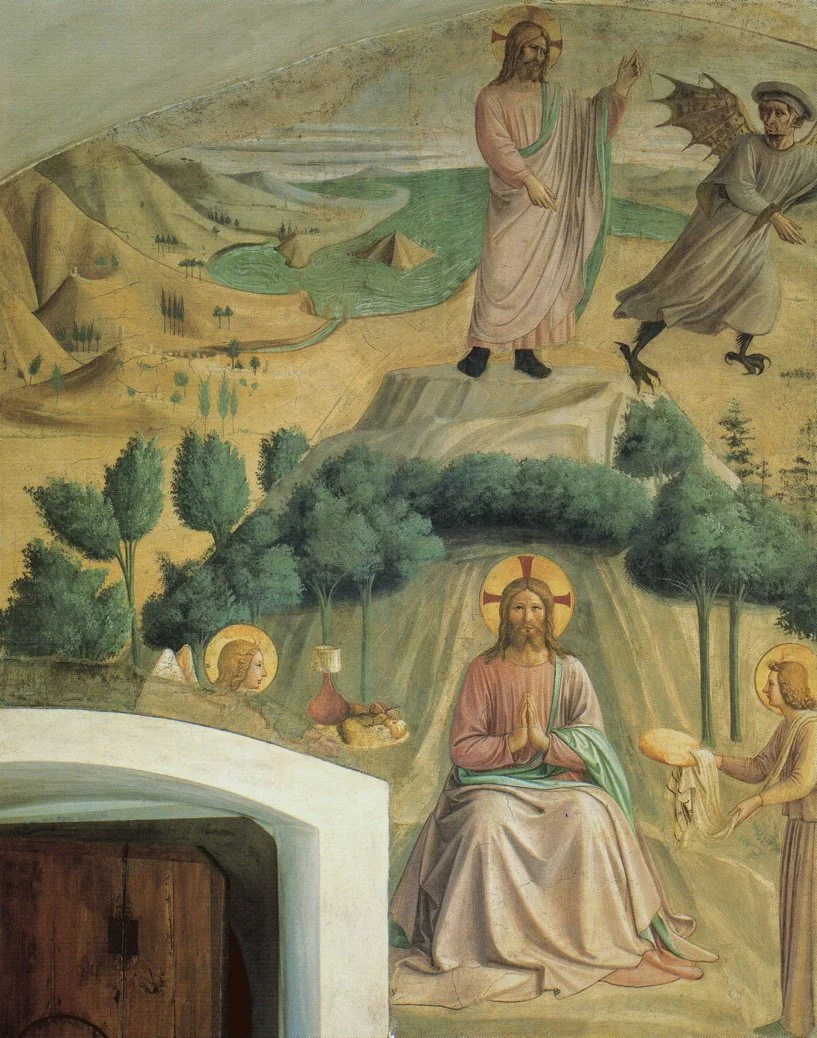Ascending to the imposing pulpit of the Oratory church, the preacher these days has to remind himself to be grateful to look out onto a sea of faces. Not so long ago the doors of our churches were locked, and the Sacraments were denied to those who sought and needed them. During those bleak days, weeks and months of “lockdown”, when the sanctuary lamps continued to burn but only the residents of Oratory House were able to visit the Tabernacle, and Mass was celebrated by the Oratory fathers “sine populo” (apart from the invisible company of the Angels and Saints who surround the altar at every celebration of the Holy Sacrifice), one did find oneself wondering quite seriously how many of the faithful would bother to return if and when the ban on public worship ever came to be lifted.
Yes, many found comfort in the daily Masses which were live streamed from this church and others, morning and evening. Such virtual attendance at Mass was certainly an aid to devotion. But it cannot be stressed too much that it was no substitute for the real thing. And it certainly was not, nor ever could be, a means of fulfilling our obligation to assist at Mass on Sundays and holy days. Such an obligation requires that we each attend Mass physically and personally. If it is not reasonably possible to fulfil this, then the obligation is suspended, as the Church made clear during the period of contagion.
Thanks be to God you did return to Church once the restrictions were lifted. This is an encouraging sign that even the disappearance of the clergy during a period of great need was not enough to drive the faithful away from the Sacraments which Our Lord instituted for our salvation and sanctification. At the Oratory the Fathers have noticed that the numbers of those assisting at our functions are actually higher than they had been for some years preceding the strange arrival of the Coronavirus and all that came in its wake. It has been a great joy to see lots of new faces, including young families with children. We hope that you have found a warm welcome here, and invite you to introduce yourselves to us.
We can only hope and pray that the days when the only means of following the Holy Mass available is via a computer screen will never return. But perhaps one benefit of the livestream Masses was at least the valuable lesson that it is possible to unite ourselves prayerfully with the Holy Sacrifice of the Mass without receiving Holy Communion. And if the impossibility of receiving Our Lord for a time was a cause of an increased spiritual hunger for the Blessed Sacrament, then that was a blessing indeed.
In one parable Our Lord describes a marriage banquet at which a king sees a guest who is not wearing the appropriate wedding garments (Mt 22:1-14). As a consequence the intruder is bound hand and foot and cast into the outer darkness where men weep and gnash their teeth.
The marriage feast is, of course, a symbol of the mystical banquet at which we consume Our Lord in Holy Communion. In Baptism we are clothed with a white robe, symbolising the Sanctifying Grace infused into our souls. The State of Grace is the supernatural marriage garment with which our souls must be clothed in order to receive the Body of Our Lord Jesus Christ at the altar rails.
The Church insists that, if we are able to, then we must attend Holy Mass every Sunday and Holy Day; but She only insists that we receive Holy Communion once a year, around Easter. This is to ensure that when we do consume Our Blessed Lord’s Body and Blood, it is always in a State of Grace. Holy Communion is the most intimate and wonderful encounter with God that is possible in this life, the closest that it is possible to come to Heaven on earth. And we are encouraged to receive Our Lord Jesus in the Sacred Host frequently, even every day. Holy Communion is the most effective means to growth in holiness, rather than a reward for spiritual perfection. But we must be careful that our approach to the altar rails never becomes a mere routine, and certainly that we avoid ever making a sacrilegious Communion.
The glorious Council of Trent, which taught the Catholic Faith with such luminous clarity and eloquence, made a three-fold distinction regarding the reception of Holy Communion: firstly there are those who receive only sacramentally – meaning those who receive in a state of mortal sin. Not only do they not benefit from the Sacrament, but they also bring down condemnation upon themselves. Then there are those who receive only spiritually – meaning those who are unable to receive physically, but are in the state of grace and whose pious desire for the Sacrament means that they receive the fruits of Holy Communion in their souls. Thirdly, there are those who receive both physically and spiritually. The Council of Trent explains that these are the ones who examine and prepare themselves beforehand to approach this divine table, clothed in the wedding garment.
This means that each and every sacramental, physical Communion we make must also be a spiritual communion. And so if we have sinned mortally – and that would include missing Sunday Mass without grave cause – then we must first have recourse to the Sacrament of Penance to restore to us the white robe of Sanctifying Grace we received in Baptism – the Grace which turns our hearts into gleaming tabernacles, fit to receive the King of Kings.
Father Julian Large













